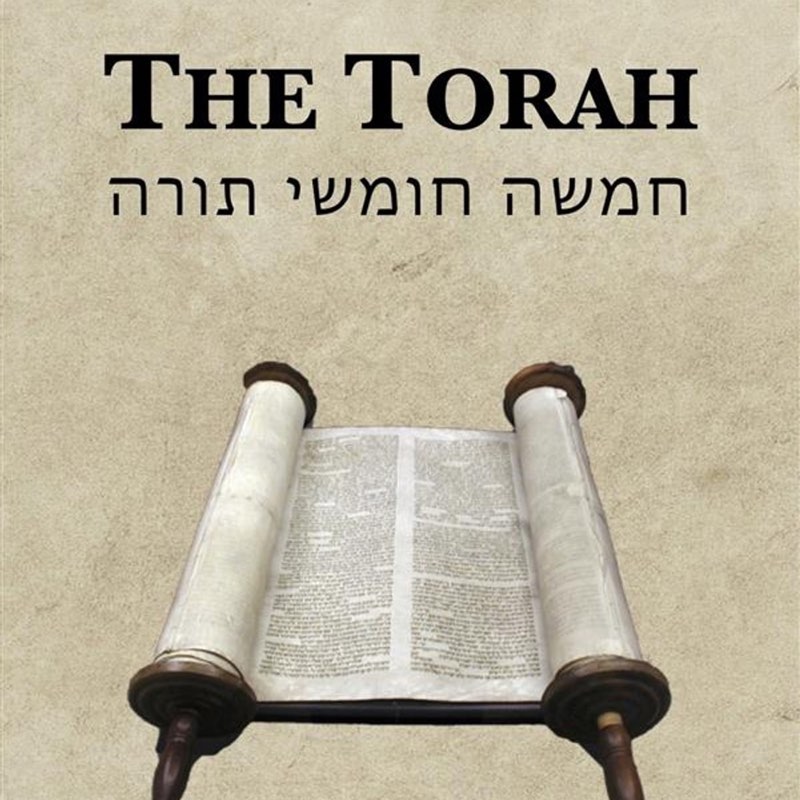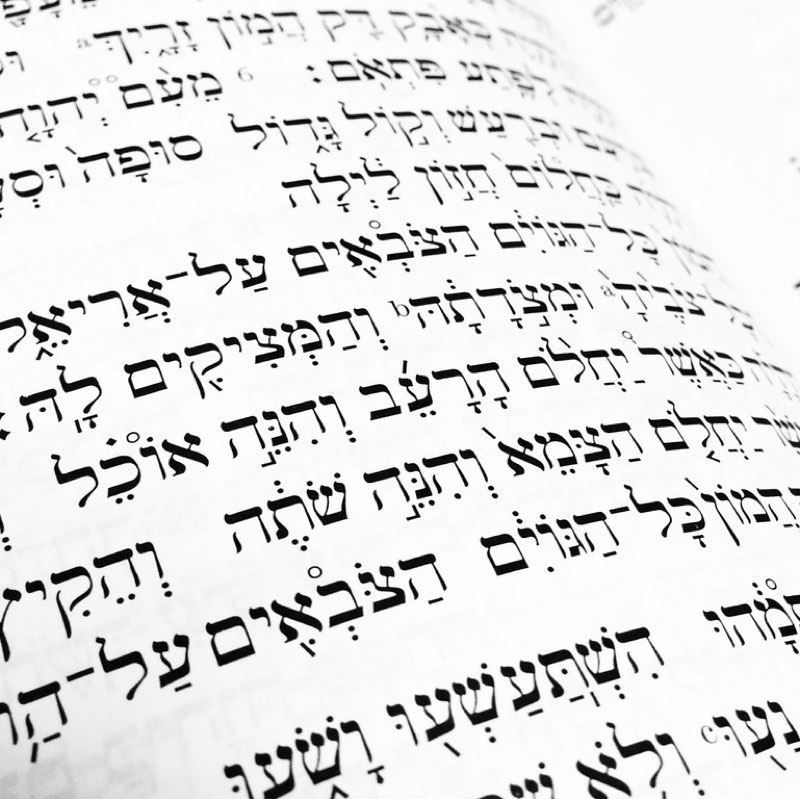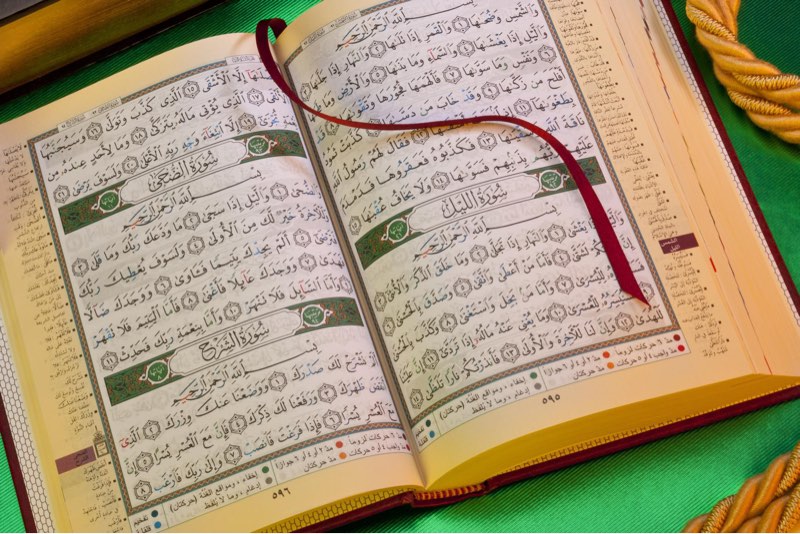The Comma Johanneum: The History and Controversy Behind 1 John 5:7-8
It often disturbs some devout Christians to learn that parts of 1 John 5, verses 7 and 8, as found in the King James Version and New King James Version, are actually present in only a handful of Greek manuscripts of the New Testament. Could you kindly elaborate more on this?
The passage in question, commonly referred to as the Comma Johanneum, is found in 1 John 5, verses 7 and 8 in the King James Version (KJV) and the New King James Version (NKJV). Here’s how it reads in those translations:
“For there are three that bear record in heaven, the Father, the Word, and the Holy Ghost: and these three are one. And there are three that bear witness in earth, the Spirit, and the water, and the blood: and these three agree in one.”
The specific portion that is controversial is:
”…the Father, the Word, and the Holy Ghost: and these three are one.”
This specific wording is not found in the majority of early Greek manuscripts of the New Testament. The Comma Johanneum is absent from nearly all Greek manuscripts before the 14th and 15th centuries.
1. Earliest Manuscripts: The earliest and most reliable Greek manuscripts of 1 John (such as the Codex Sinaiticus and Codex Vaticanus from the 4th century) do not contain the Comma Johanneum.
2. Church Fathers: Early church fathers like Origen, Cyprian, and Augustine also do not quote this Trinitarian formula, suggesting it was not present in the manuscripts available to them.
3. Latin Tradition: The Comma Johanneum appears in some Latin manuscripts from the 4th century onward, primarily in the writings of certain Latin theologians. It was included in later Latin translations, particularly those influenced by the Vulgate.
4. Introduction into Greek Texts: The insertion of the Comma into Greek manuscripts is believed to have occurred during the Middle Ages, significantly influenced by the Latin tradition. Its occurrence is limited to a small number of late medieval Greek manuscripts, specifically approximately seven to eight in total.
The King James Version translators in the early 17th century relied heavily on the Textus Receptus, a Greek text compiled by Erasmus in the early 1500s. Erasmus’s initial editions of the Textus Receptus did not contain the Comma Johanneum, since he found no Greek manuscript that included it. Under pressure from certain theologians and after being shown a Greek manuscript (likely created for this purpose), he included it in his third edition (1522). This inclusion led to its presence in the King James Version.
Most modern Bible translations (such as the NIV, ESV, NASB, and NRSV) exclude the Comma Johanneum or place it in a footnote, recognizing that it is not supported by the earliest and most reliable manuscripts.
Conclusion
The inclusion of the Comma Johanneum in both the King James Version and the New King James Version reflects historical context rather than original authenticity. Although this may be troubling for some Christians, it underscores the complexities involved in the transmission of biblical texts. Unlike most modern translations, its presence in these versions stems from varying manuscript traditions, and scholars largely agree that it was added to the text of 1 John at a later date.




